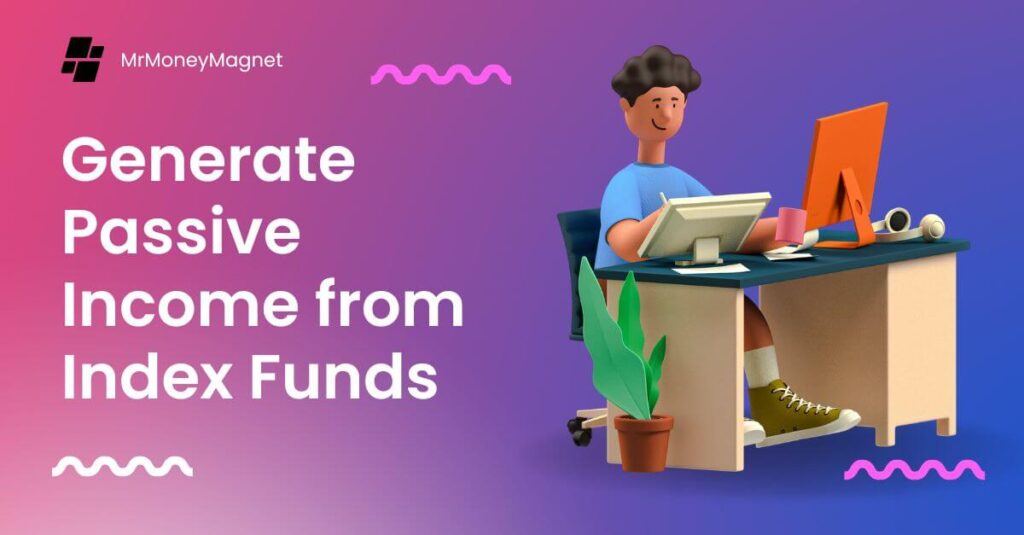What are Index Funds?
Index funds have become increasingly popular among investors in recent years. If you're not familiar with them, let's start with the basics: Index funds are mutual funds or exchange-traded funds that are connected to a particular market index, such as the S&P 500 or the Nasdaq 100.
Why are Index Funds considered a Safe Investment?
Index Funds investments are relatively safer because when you invest in an index fund, your cash is used to invest in all the companies that make up the particular index. This gives you a more diverse portfolio than if you were buying individual stocks, which can help to reduce your overall risk.
How do Index Funds Work?
Index funds are a great way to invest your money in a particular index with minimal risk. They are a collection of assets that follow one specific index, such as the S&P 500 or a particular sector of the market like technology.
When you invest in an index fund, your holdings will follow the particular index that you select. There are many different indexes to choose from, and each one represents a different slice of the market.
Some people prefer to invest in companies of a particular size, such as small or large capital values, while others prefer to focus on a specific sector, like technology. Depending on where you choose to invest, your holdings may have more or less diversification.
Compared to investing in individual stocks, index funds are generally considered to be a safer investment. Individual stocks tend to be riskier investments as they rise and fall with market trends. If you choose to invest all of your money in the stocks of just one or two companies, you may be in for a shock when the market takes a turn.
Index funds tend to yield good results over time. For example, following the S&P 500 has yielded a return of almost 10 percent since the early 1900s. While you may not see sky-high returns, you are likely to see modest returns that are steadier than if you were to invest in individual stocks alone.
How Can You Generate Passive Income from Index Funds ?
If you're interested in creating a passive income stream, index funds may be a good option for you. Index funds are designed to yield a return on your investment by matching the returns of the stock market index you select. By investing in an index fund, you can own a diversified portfolio of assets, which helps to reduce the risk of significant losses from cherry-picking individual stocks.
Compared to actively managed mutual funds, index funds tend to perform well and have lower fees. Actively managed mutual funds require a lot of research and analysis, which can lead to higher fees for investors. Index funds, on the other hand, are a more passive investment strategy that require less time and energy from fund managers. While they may need to rebalance the fund from time to time, the decisions about buying and selling are much simpler as investments are made to track the index.
For example, an index fund manager may rebalance their index every quarter as the index is updated. Index funds typically have expense ratios that range from 0 to 0.05 percent, which is significantly lower than the expense ratios of many actively managed mutual funds. By investing in index funds, you can potentially save a significant amount of money on fees, which can help to increase your overall returns and create a passive income stream over time.
How much Money Can You Make from Passive Investment in Index Funds?
If you're looking to increase your passive income and potentially become a millionaire, index funds are a great investment strategy to consider. By investing in index funds on a regular basis, you can take advantage of compounded returns over time.
For example, let's consider the Standard and Poor's 500, which historically has delivered a 9 to 10 percent yearly return. If you invest just $300 per month in this index fund, in 25 years, your investment could be worth about $300,000, despite only having invested about $90,000. In 40 years, your investment could be worth $1.2 million, with just a $144,000 investment at the given rate of $300 per month.
If you want to achieve millionaire status in a shorter timeframe, you will need to contribute more to your investment strategy on a monthly basis. For instance, a $3,000 monthly investment in the same index fund can yield $1 million in just 15 years.
Of course, it's important to keep in mind that there are no guarantees when it comes to investing in the stock market, and past performance is not necessarily indicative of future results. However, index funds are designed to minimize risk and offer a more passive investment strategy for those looking to increase their passive income and build wealth over time.
Investing in Index Funds for Beginners
Investing in index funds is a great way for beginners to start building their investment portfolios. Here are some steps to get started:
- Determine your investment goals: Before investing, it's important to have a clear understanding of what you're trying to achieve. Are you investing for retirement or for a shorter-term goal? What is your risk tolerance?
- Educate yourself: Learn more about index funds, how they work, and their historical performance. There are many resources available, including books, articles, and online courses.
- Choose a reputable broker: You'll need a broker to buy and sell index funds. Look for a broker with low fees and a user-friendly platform. Some of the affordable brokerage services are offered by Fidelity, Charles Schwab and TD Ameritrade.
- Decide on an index fund: There are many index funds to choose from, each with its own unique characteristics. Look for a fund that aligns with your investment goals and risk tolerance.
- Make your investment: Once you've chosen a fund, it's time to invest. You can invest a lump sum or set up automatic investments on a regular basis.
- Monitor your investments: Keep an eye on your investments and make adjustments as needed. Rebalancing your portfolio on a regular basis can help ensure that your investments are aligned with your goals.
How to Decide Which Index Funds to Invest In ?
Before we decide on the Best Index Funds to Invest, listed below are the criteria which should be used to make informed decisions about the Index funds:
- Expense ratio: One of the primary benefits of index funds is their low cost, so it's important to compare expense ratios across different funds. Look for funds with expense ratios below 0.25%, and preferably even lower.
- Diversification: A good index fund should be broadly diversified across a range of different asset classes and sectors. This helps to reduce risk and ensures that you're not overly exposed to any single company or sector.
- Performance: While past performance is not a guarantee of future returns, it can be helpful to look at a fund's historical performance to get a sense of how it has performed in different market conditions.
- Size: Larger funds tend to be more stable and less prone to liquidity issues, so it's generally a good idea to invest in funds with larger assets under management (AUM).
Top 10 Index Funds to Invest
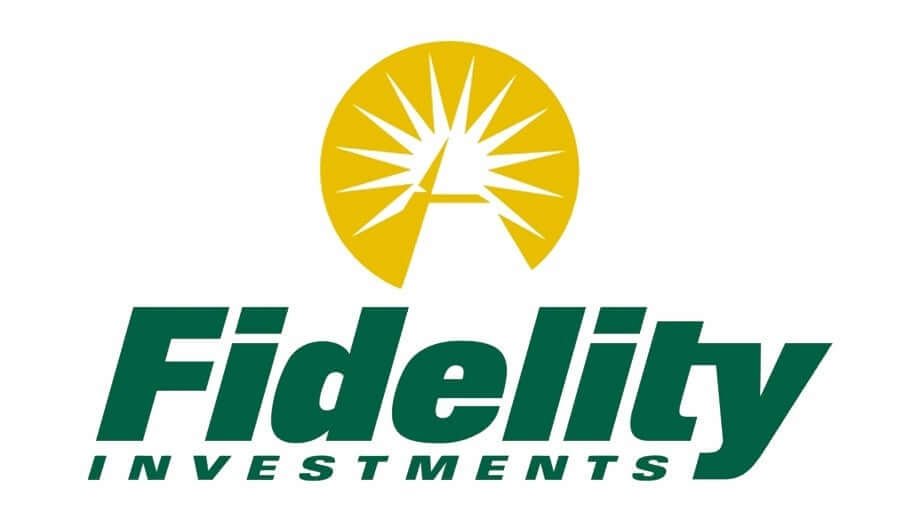
Fidelity ZERO Large Cap Index (FNILX):
The Fidelity ZERO Large Cap Index (FNILX) is a zero-expense index fund that tracks Fidelity’s Large Cap Index, which closely mirrors the S&P 500. With no expense fees, this beginner-friendly fund is an affordable option for investors. The market capitalization for the fund is $5.9 billion with an entry level price of less than $15. this makes it one of the largest index funds on the market. Over the last ten years, the fund has returned an average annual rate of 14.05%. With no expense fees, this fund is a great option for investors looking for a low-cost way to invest in the stock market.
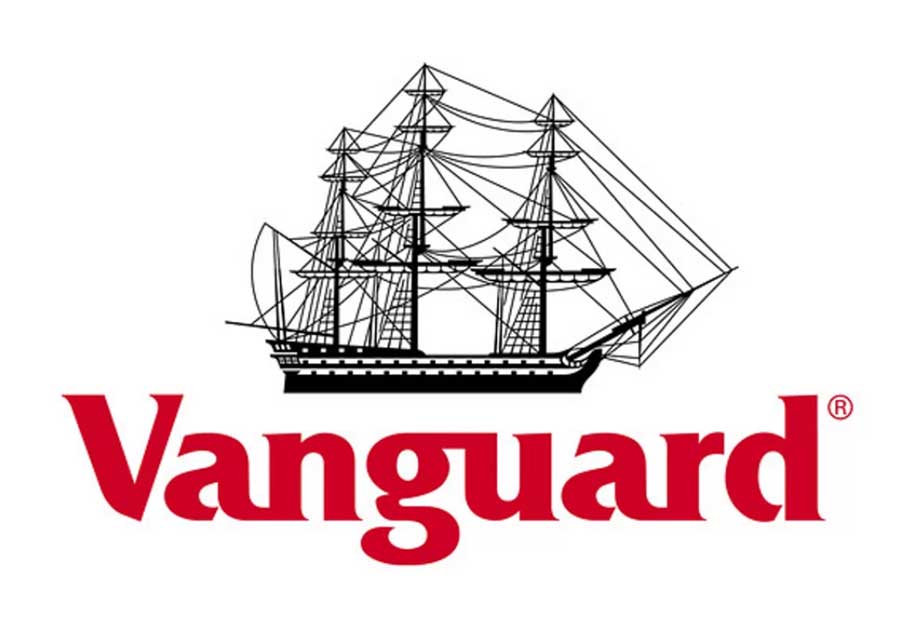
Vanguard S&P 500 ETF (VOO):
The Vanguard S&P 500 ETF is an index fund that invests in stocks in the S&P 500 Index, representing 500 of the largest U.S. companies. The goal of the fund is to closely track the index’s return, which is considered a gauge of overall U.S. stock returns. This fund offers high potential for investment growth, but the share value rises and falls more sharply than that of funds holding bonds. The Vanguard S&P 500 ETF is more appropriate for long-term goals where your money’s growth is essential.

SPDR S&P 500 ETF Trust (SPY):
The SPDR S&P 500 ETF is a pioneer in the world of exchange-traded funds (ETFs), founded in 1993 and helping to popularize this investment vehicle. With its massive size, it's among the most popular ETFs and is sponsored by State Street Global Advisors, a significant player in the industry. This fund tracks the S&P 500, which is a benchmark index of 500 large-cap U.S. stocks, making it a diversified investment option with broad exposure to the U.S. stock market.
This ETF is suitable for investors seeking a low-cost, diversified index fund to act as a core holding in their portfolio. It's important to note that this fund is more appropriate for long-term goals where investment growth is essential, as the share value rises and falls more sharply than that of funds holding bonds.
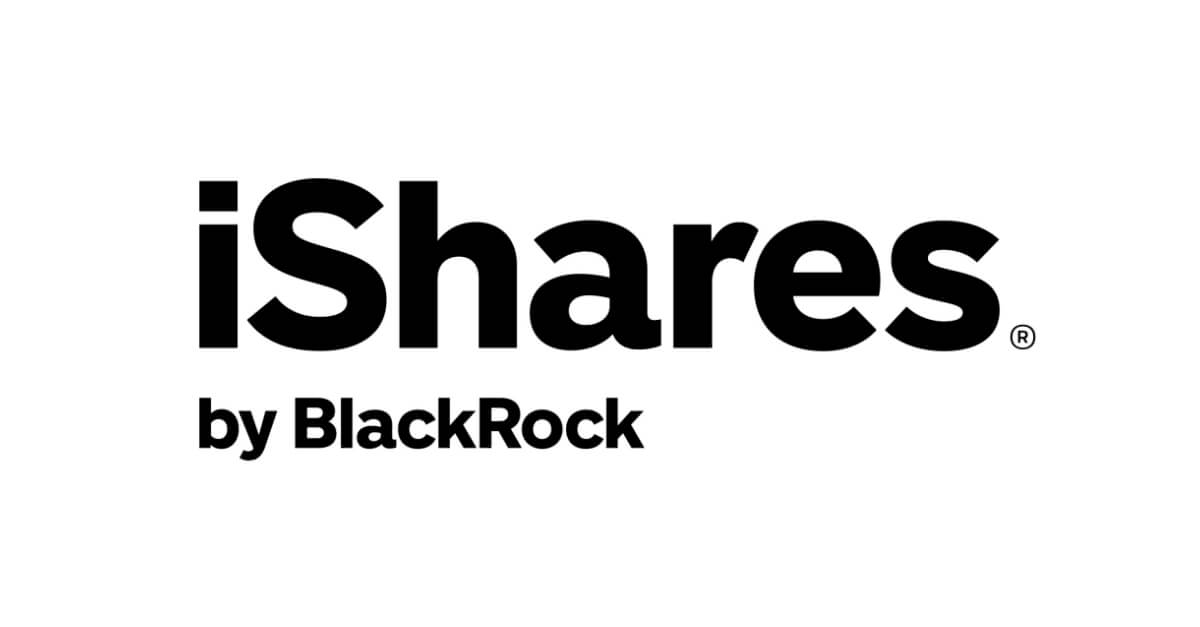
iShares Core S&P 500 ETF (IVV):
The iShares Core S&P 500 ETF is a popular fund sponsored by one of the largest fund companies, BlackRock. It tracks the S&P 500 and is one of the largest ETFs on the market. The fund has been tracking the index closely since its inception in 2000.
The fund is an affordable option for investors looking for a broadly diversified index fund to serve as a core holding in their portfolio. Investors looking to buy the fund can purchase it directly from BlackRock or through most online brokers. Overall, the iShares Core S&P 500 ETF is a solid choice for investors looking for a low-cost, diversified index fund that tracks the S&P 500.
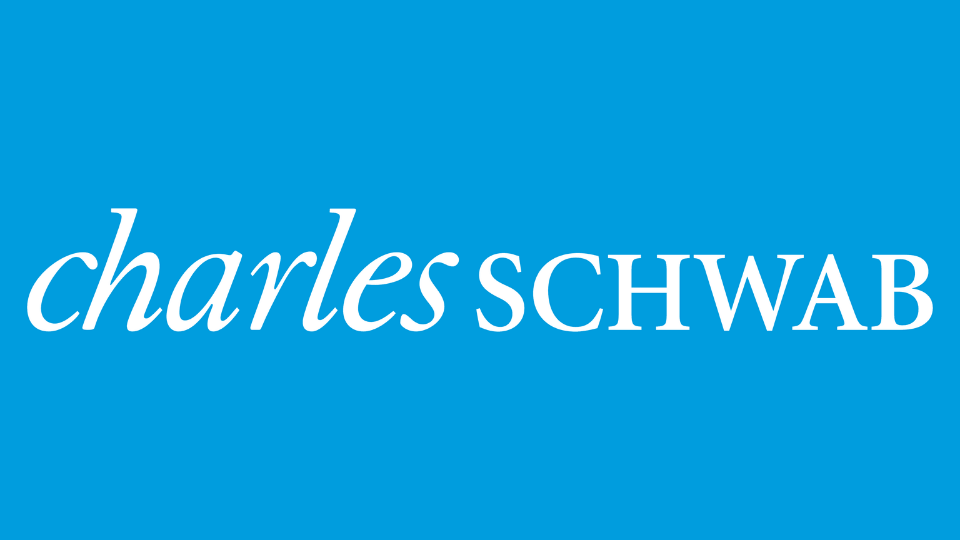
Schwab S&P 500 Index Fund (SWPPX):
The Schwab S&P 500 Index Fund is a mutual fund that tracks the S&P 500 index, with tens of billions in assets. Although it is one of the smaller heavyweights on the list, this fund has a strong track record dating back to 1997 and is sponsored by Charles Schwab, a highly respected name in the industry.
This fund is known for its investor-friendly products, with a razor-thin expense ratio that is one of the lowest on the market.
Who is it good for?: This fund is ideal for investors looking for a broadly diversified index fund with low expenses to serve as a core holding in their portfolio.
Where to get it: The fund can be purchased directly from the fund company or through most online brokers.

Vanguard Russell 2000 ETF (VTWO):
The Vanguard Russell 2000 ETF offers investors exposure to a collection of about 2,000 of the smallest publicly traded companies in the U.S. as it tracks the Russell 2000 Index. With a Vanguard fund, investors can expect low costs as the fund focuses on keeping costs low. Since its inception in 2010, this ETF has gained popularity among investors who want broad exposure to small-cap companies. Investors can purchase the fund directly from the fund company or through most online brokers.

Vanguard Total Stock Market ETF (VTI):
The Vanguard Total Stock Market ETF is a highly diversified fund that covers the entire spectrum of publicly traded U.S. companies, including small, medium, and large-sized firms from various sectors. Vanguard, one of the top players in the fund industry, sponsors the fund, which has been trading since 2001.
With its low expense ratio, the Vanguard Total Stock Market ETF is a cost-effective option for investors seeking broad market exposure.
This fund is ideal for investors looking to build a diversified portfolio across different market capitalizations. It can be purchased directly from the fund company or through most online brokers.

SPDR Dow Jones Industrial Average ETF Trust (DIA):
Overview: The SPDR Dow Jones Industrial Average ETF is an ETF that tracks the Dow Jones Industrial Average, a well-known index of 30 large-cap stocks. While there are few ETFs that track this index, this fund by State Street Global Advisors is a solid option.
This ETF has a long history, dating back to 1998, and it has a sizable amount of assets under management.
Who is it good for?: This fund is a great option for investors who want to invest in blue-chip companies or specific components of the Dow Jones Industrial Average at a low cost.
Where to get it: The fund can be purchased directly from the fund company or through most online brokers.

Shelton NASDAQ-100 Index Direct (NASDX):
The Shelton Nasdaq-100 Index Direct ETF is a fund that offers investors exposure to some of the largest non-financial companies in the Nasdaq-100 Index, with a particular focus on the tech industry. This ETF has a solid track record over the past five and ten years and is a good fit for investors seeking growth-oriented companies in the tech sector.
The expense ratio of 0.5 percent means that every $10,000 invested would cost $50 annually, which is higher than some of the other funds on this list. However, for investors looking for specific exposure to the Nasdaq-100, this ETF can be a good option.
The fund can be purchased directly from the fund company or through most online brokers. Overall, the Shelton Nasdaq-100 Index Direct ETF is a solid choice for investors seeking targeted exposure to the tech industry within their portfolio.

Invesco QQQ Trust ETF (QQQ):
The Invesco QQQ Trust ETF is a popular fund that tracks the performance of the largest non-financial companies in the Nasdaq-100 Index. Managed by Invesco, a leading fund company, this ETF has been around since 1999 and has a strong track record of performance. According to Lipper, it’s the top-performing large-cap growth fund in terms of total return over the 15 years to Sept. 2022.
With an expense ratio of 0.20 percent, this fund is relatively low-cost compared to many actively managed funds. It’s a good choice for investors looking for exposure to technology and growth companies.
The fund can be purchased directly from the fund company or through most online brokers.

